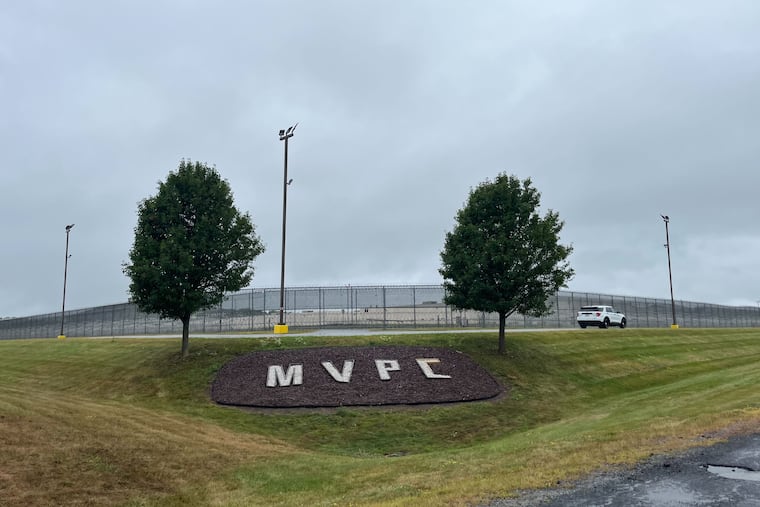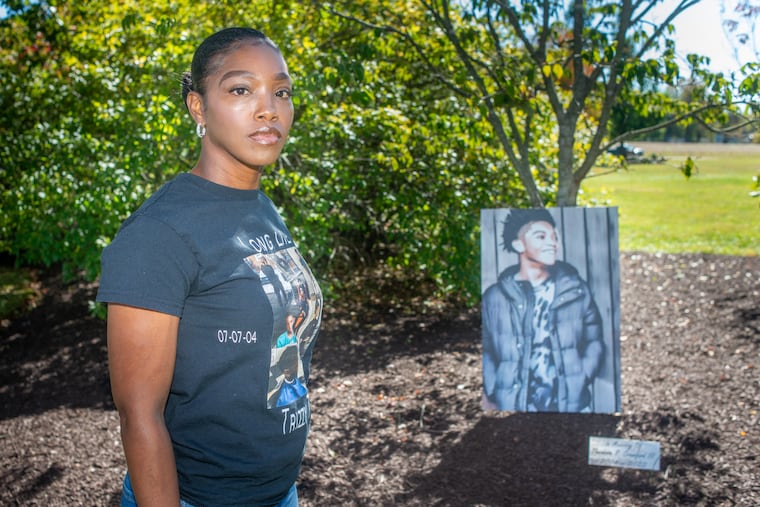Man released after over 40 years in prison faces detention by ICE following case dismissal.
Subramanyam “Subu” Vedam, who spent over four decades serving a life sentence for first-degree murder at the State Correctional Institution at Huntingdon, is poised to have his story take a dramatic turn. Recently, Pennsylvania corrections officials confirmed that despite being eligible for release following the dismissal of charges against him, Vedam has found himself in the custody of Immigration and Customs Enforcement (ICE) at the Moshannon Valley Processing Center, the largest immigrant detention facility in Pennsylvania.
The legal troubles surrounding Vedam date back to the 1980s, when as a student at Pennsylvania State University, he was arrested and later convicted for the murder of Thomas Kinser in Boalsburg, Pennsylvania. Following a review of his case, the Pennsylvania courts vacated Vedam’s conviction this past August, acknowledging significant violations of his due process rights during the original legal proceedings. Subsequently, this week, the state officially dismissed all charges against him.
Despite the dismissal of these charges, Vedam’s situation took another turn when he was transferred to ICE custody due to an immigration detainer issued in 1988. This detainer, a remnant of the original conviction, contradicted expectations for his immediate release. According to a statement from Pennsylvania’s Department of Corrections, this transition was initiated as soon as he was eligible for freedom, resulting in his transfer to ICE.
Vedam’s family has expressed profound disappointment regarding this development. His sister, Saraswathi Vedam, emphasized that this immigration issue stems from his wrongful conviction, which has now been overturned. As of Saturday afternoon, Vedam was being held at the Moshannon Valley Processing Center, raising concerns about the lack of oversight and conditions in such facilities—a subject that has garnered increasing scrutiny in recent years.
Despite attempts to obtain comment from ICE officials regarding Vedam’s status, there has been no response thus far. The implications of his ICE detention are significant, as advocates and family members urge for the executive immigration court to reassess the case in light of the recent judicial findings exonerating him. They aim to bring attention to the complexities and repercussions of the intertwining criminal and immigration systems, particularly in instances involving wrongful convictions.
As this situation unfolds, observers are left to consider broader questions about the intersection of the U.S. criminal justice system and immigration policies, and the potential for continued legal battles for those who find themselves caught in such predicaments. Vedam’s case highlights vital issues surrounding justice, accountability, and the consequences of systemic failures within both judicial and immigration frameworks.







